Qalaa Holdings firm offers options for Kampala solid waste use
September 13—Across sub-Saharan Africa, population densities are rising fast and cities, including Kampala, are growing rapidly.
Constrained budgets have left many African cities unable to meet the demands of high population growth, which has in turn led to a shortage of basic services including access to clean water and sanitation. The current situation raises several important questions, one of which is how to efficiently dispose of solid waste or better yet, how to transform increasing quantities of municipal solid waste (MSW) into much needed sources of energy.
Five years ago, the Kampala Capital City Authority (KCCA) took steps to improve solid waste management by opening up the sector to private companies. With technical help from the International Finance Corporation, (the private sector arm of the World Bank Group), KCCA developed the Integrated Solid Waste Management Project (ISWMP).
The core premise of the ISWM is that Public-Private Partnerships are the best way to go about tackling the problem of solid waste management. The overspill at the Kiteezi landfill on the outskirts of Kampala makes it evident that the city needs at least two new international-standard landfills to meet its needs both of which could be financed through private sector initiatives.
The ISWM is currently being implemented in two phases. The first phase involves streamlining the collection and transportation of municipal solid waste, a process that several private sector companies have already been contracted to carry out.
The second phase, which requires more technical expertise, is the treatment and final disposal of the waste including looking into ways of converting solid waste into a source of energy. Due to the larger initial investment cost and the requisite expertise required in order to undertake such a project, the government has yet to tackle the issue head-on.
In Africa, there are already a small handful of innovative companies that have pioneered the MSW (municipal solid waste) biomass and engineering management business. ECARU (the Egyptian Company for Solid Waste Recycling) and ENTAG (Engineering Tasks Group), subsidiaries of Egypt-based Qalaa Holdings, a leading African investor in the energy and infrastructure sector, are two such companies.
ECARU is a solid waste management service provider, and ENTAG, is a solid waste management engineering and contracting company that has built more than 75 material recovery and composting facilities to date. Both companies fall under the umbrella of Tawazon, Qalaa’s solid waste management platform. Qalaa has additional energy investments in renewables via TAQA Arabia and is in the process of completing Africa’s largest second-stage refinery (ERC) which will produce 2.3 million tons of clean burning diesel per annum that will help reduce Egypt’s carbon footprint.
ECARU has been supplying alternative solid fuel such as SRF (Solid Recovery Fuel) and BDF (Biomass Derived Fuel) as a source of thermal energy to Egypt’s leading cement companies for the past five years. Since 2013 ECARU has processed a total of 1.3 million tons of MSW and agricultural waste split as follows: 259,666 tons of top quality SRF and 1,035,771 tons of organic compost. SRF is produced from combustible components of MSW.
The rejected material is shredded, dried, baled and then burned to produce SRF as source of thermal Energy for heavy industrial consumers, and as a source of electricity through the use of a generator, consequently making good use of waste that would have otherwise ended up in a landfill.
Closer to home, ECARU signed a contract early last year with Messebo Cement of Ethiopia to supply Biomass which will be used as a source of thermal energy to eventually replace coal. ECARU is collecting, transporting and processing local biomass that is then converted to environmentally-friendly alternative solid fuel.
Hisham Sherif, the CEO of ECARU/ENTAG is bullish on the prospect of being able to transfer his company’s knowledge and years of experience to countries in sub-Saharan Africa where Biomass as a source of renewable energy has been largely untapped and holds huge potential. With 210,000 tons in total of SRF& BDF, Biomass and 157,315 tons of compost supplied to clients in 2016, ECARU is rapidly growing outside the borders of its home market of Egypt. Today the company has operations in Oman, Ethiopia, Libya, Sudan, Nigeria, Malaysia, Saudi Arabia, Cyprus, Qatar and Syria.
Access to an alternative solid fuel as a source of energy in Kampala, would not only help solve the city’s waste disposal problem, it could also give birth to a network of small industrial parks that are powered by relatively inexpensive and abundant sources of renewable energy.
Diversifying the country’s limited energy mix and reducing our dependence on rapidly depleting wood bi-products in favour of alternative solid fuels will require political will and commitment on the part of the government.

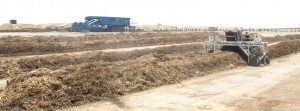
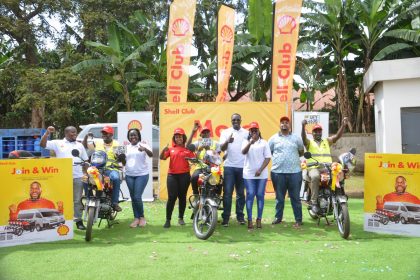 Shell Club rewards first winners with brand new motorbikes in Mbale
Shell Club rewards first winners with brand new motorbikes in Mbale
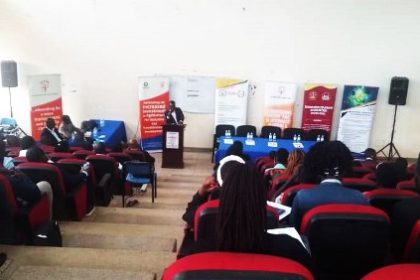 CSBAG roots for increased funding for renewable energy
CSBAG roots for increased funding for renewable energy
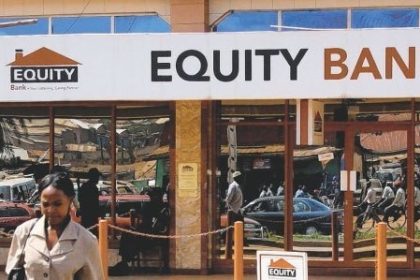 Equity walks tried and tested path to deliver solid half-year
Equity walks tried and tested path to deliver solid half-year
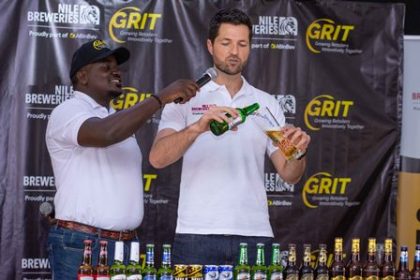 Nile Breweries primes retailers for brave new world
Nile Breweries primes retailers for brave new world
 Uganda calls for collaboration with airlines in fight against illicit trade in wildlife
Uganda calls for collaboration with airlines in fight against illicit trade in wildlife
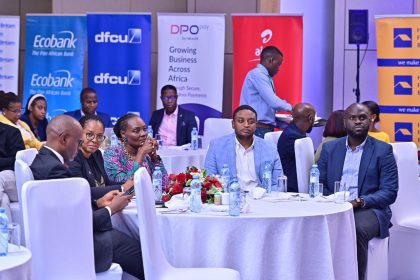 Airline industry top guns dust-off passports for Uganda hosted 55th AFRAA annual meet
Airline industry top guns dust-off passports for Uganda hosted 55th AFRAA annual meet
